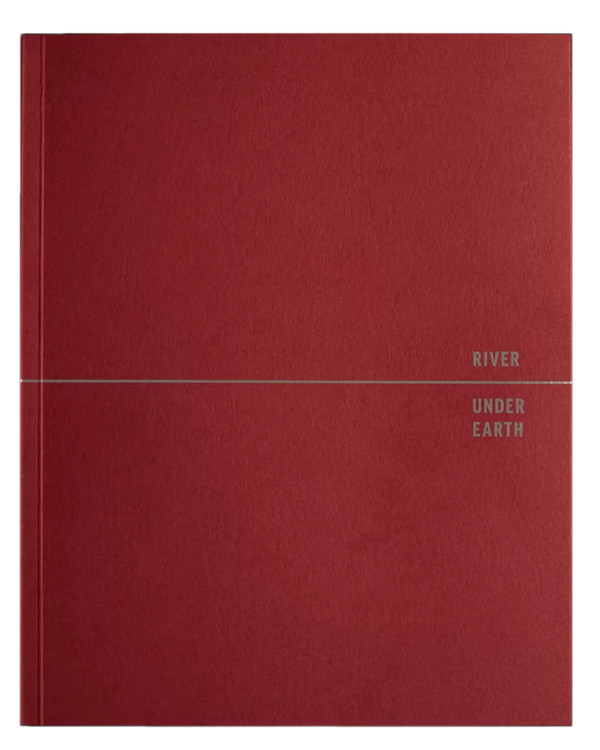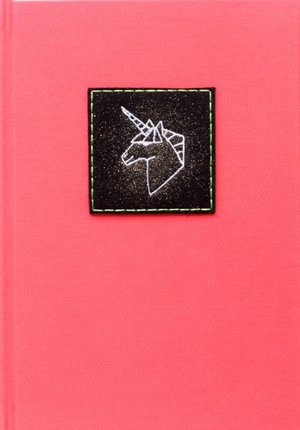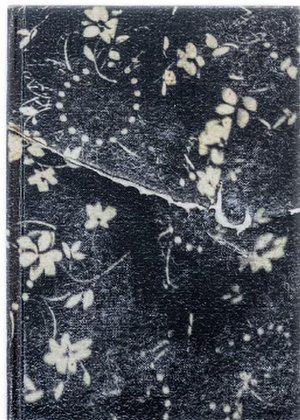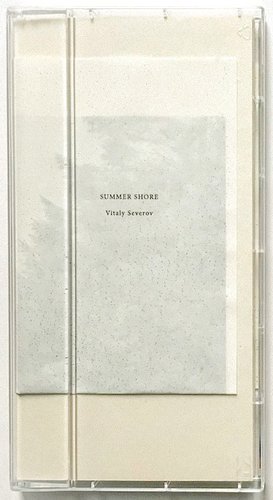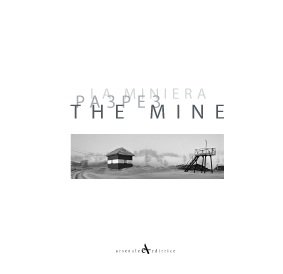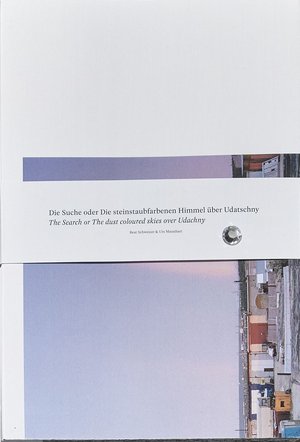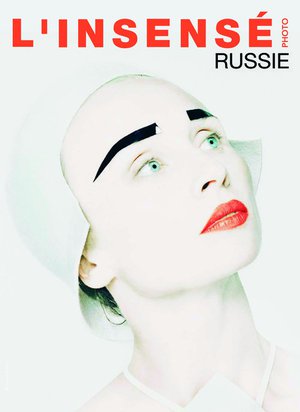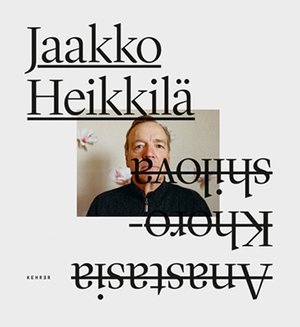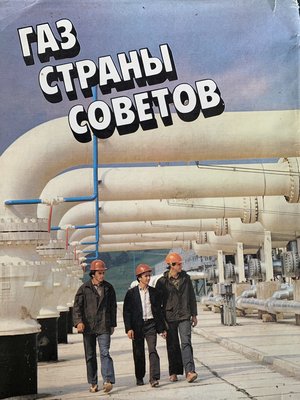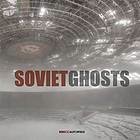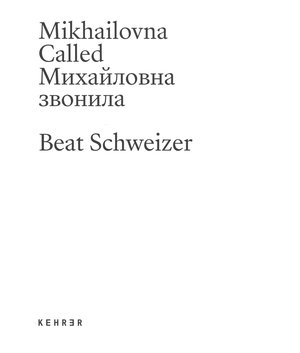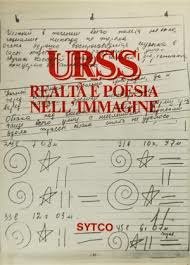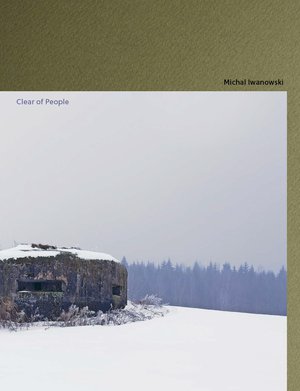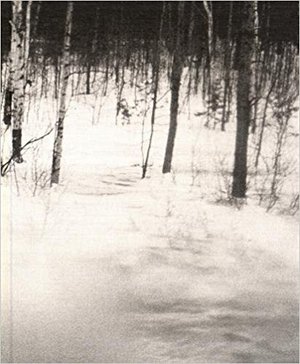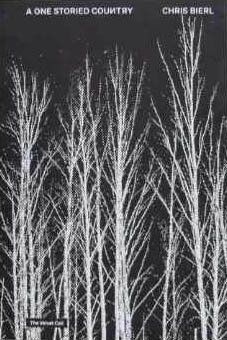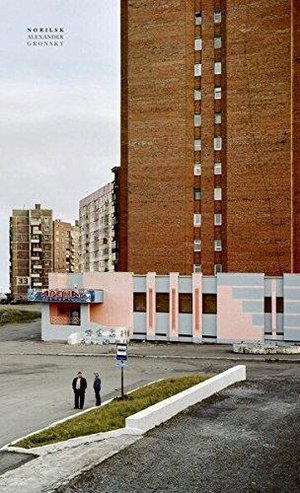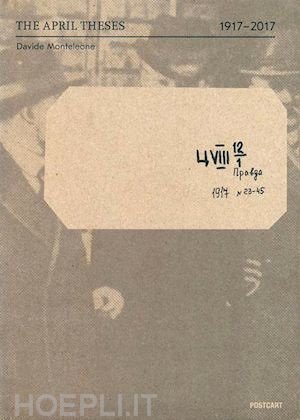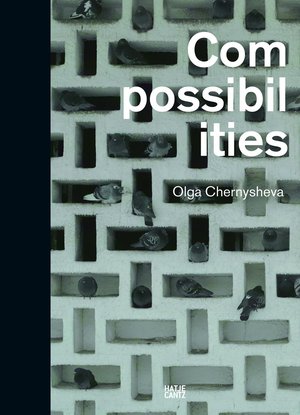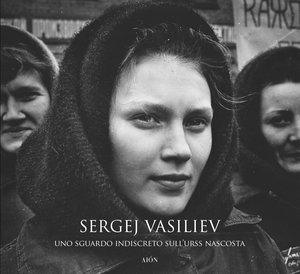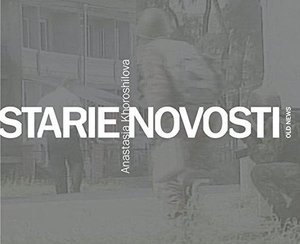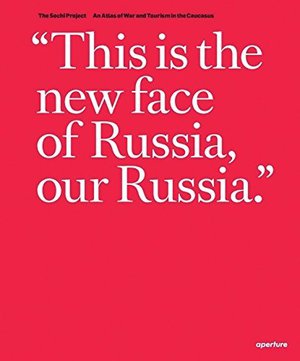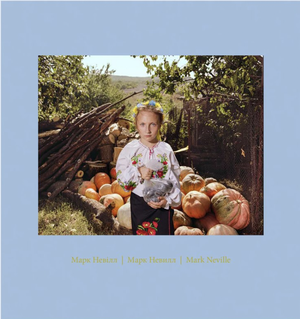Publisher Note
The European part of Russia was originally populated mostly by Finno-Ugric people, not by Russians. There are still four million of them. They speak different languages, but united not only by blood. They are pagans — sometimes, having converted to Christianity or Islam, without fully realising it.
Many of our Russian customs and tales came from these people. And our roots as well. I found out that some of my grandparents were partly Finno-Ugric, though they never spoke about it, for political reasons. Their history is similar to the indigenous people of North America — the Finno-Ugric lands were, in fact, colonized by Russians and Tatars. History is always written by the winners and that's why our origins are seldom talked about — though it's no secret. The locals are skeptical of the federal authorities as well. No wonder why: i.e., just look at the terrible life conditions in many villages. So, these people rarely talk to strangers.
They are also quiet about their pagan tradition because there's a dark side to it. A story from an Udmurt village: the village chief took apart the prayer house and rafted the logs down the river.
A few days later, a fanatic cut off chief's head. And those stories are aplenty.
From the Baltic Sea to Western Siberia, Russia remains Finno-Ugric land, in a manner. If you only go a couple of hundred miles eastward of Moscow or St.-Petersburg, you will see the Finno-Ugric matrix through the depressing provincial routine. In some remote places, tens of thousands of real pagans live. This phenomenon in the supposedly Orthodox Russia is a silent agreement of the people with their rulers.
I travelled to many places where Finno-Ugric people live: Udmurtia, Mari El, Chuvashia, Bashkortostan, Tatarstan, Leningrad region. I saw their world full of archaic things, with Nature as the main religion. But the tradition may soon be gone due to globalization and "Russification". With my project, I want to save some essence of this original wild beauty.
| Publisher | |
|---|---|
| Release Place | Russia |
| Edition | 1st edition |
| Release Date | 2021 |
| Credits |
Artist:
|
| Printrun | 50 |
| Work | |
|---|---|
| Topics | Colonisation, Finno-Ugric People, Pagan Tradition, Russia |
| Language | English |
| Object | |
|---|---|
| Format | Softcover |
| Dimensions | 18.0 × 22.5 cm |
| Interior | |
|---|---|
| Pages | 136 |
